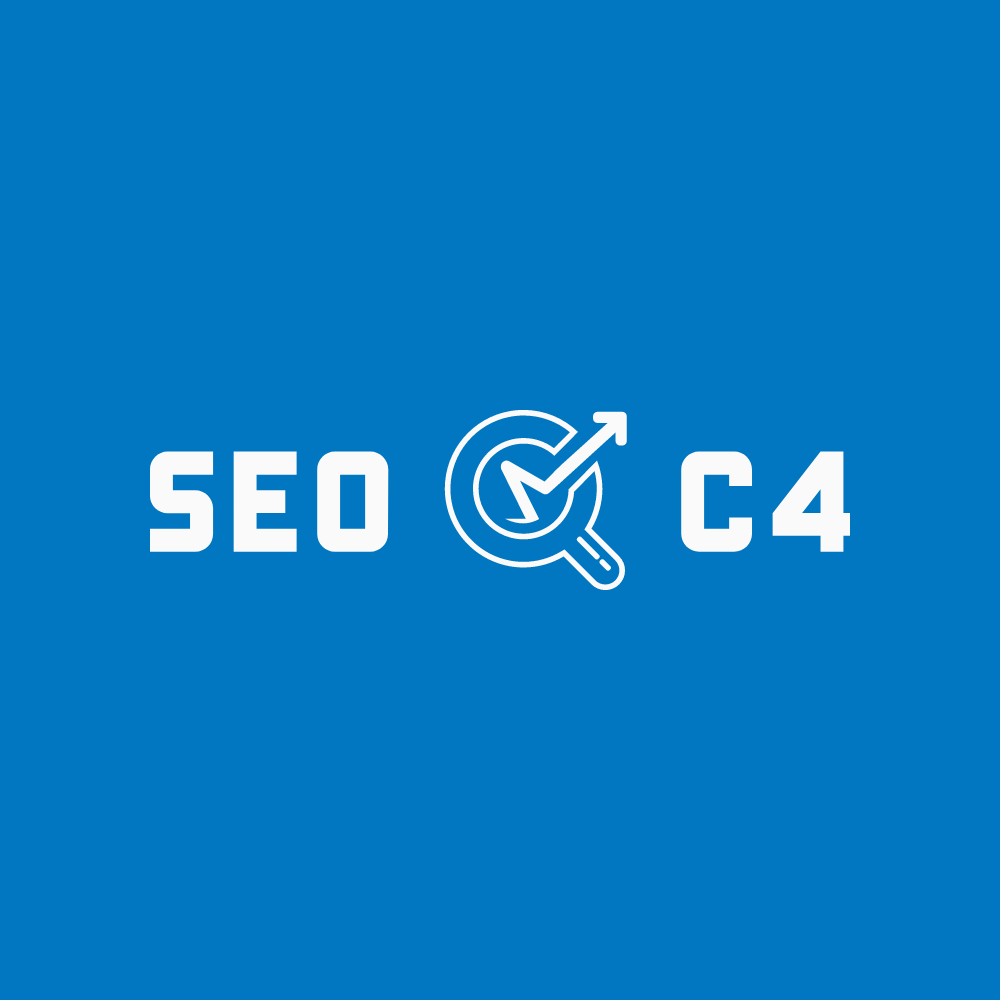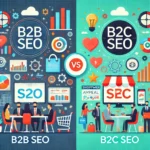
Email marketing has been around for decades, and it continues to be a popular and effective strategy for businesses of all sizes. With the rise of social media and other digital marketing channels, some may question the legitimacy and relevance of email marketing. In this article, we will delve into the world of email marketing, exploring its effectiveness, providing examples, and presenting compelling statistics to showcase its legitimacy as a powerful marketing tool.
The Effectiveness of Email Marketing
Email marketing remains one of the most effective marketing channels, providing businesses with a direct line of communication to their audience. Here are some reasons why email marketing is considered legit:
1. High Return on Investment (ROI)
According to a report by the Data & Marketing Association, email marketing has an average ROI of 3800%. This means that for every dollar spent on email marketing, businesses can expect an average return of $38. With such impressive ROI, it’s clear that email marketing is a worthwhile investment.
2. Personalized and Targeted Communication
Email allows businesses to personalize their messages and target specific segments of their audience. By leveraging customer data and segmentation, businesses can send tailored content that resonates with their subscribers. This level of personalization helps build trust and increases engagement, leading to higher conversion rates.
3. Cost-Effective Reach
Compared to traditional marketing channels like print or television, email marketing is incredibly cost-effective. With minimal overhead costs, businesses can reach a large number of subscribers at a fraction of the cost. This affordability makes email marketing accessible to businesses of all sizes, from startups to multinational corporations.
Examples of Successful Email Marketing Campaigns
Let’s take a look at some real-life examples of businesses that have achieved remarkable success through their email marketing campaigns:
1. Airbnb
Airbnb, the popular online marketplace for accommodations, uses email marketing to engage with both hosts and guests. Their emails are visually appealing, personalized, and provide relevant content such as travel tips and recommendations. By leveraging the power of email, Airbnb has successfully built a strong community and increased user engagement.
2. Grammarly
Grammarly, the writing enhancement tool, uses email marketing to nurture leads and drive conversions. They send personalized emails to users who have signed up for their free service, offering discounts on their premium plans. By providing value and addressing pain points, Grammarly effectively converts free users into paying customers.
3. Sephora
Sephora, the beauty retailer, uses email marketing to promote new products, offer exclusive discounts, and provide personalized recommendations based on customers’ preferences. Their emails are visually appealing, featuring high-quality product images and compelling calls to action. Sephora’s email marketing strategy has helped them build a loyal customer base and drive sales.
Email Marketing Statistics
Let’s dive into some compelling statistics that further highlight the legitimacy and effectiveness of email marketing:
1. Email Open Rates
According to a report by Campaign Monitor, the average open rate for emails across industries is around 17.92%. While this may seem modest, it is significantly higher than the average organic reach of social media posts.
2. Conversion Rates
A study by Monetate found that email marketing drives more conversions than any other marketing channel, with an average conversion rate of 4.24%. This showcases the power of email in influencing purchase decisions and driving revenue.
3. Mobile Optimization
With the growing use of smartphones, optimizing emails for mobile devices is crucial. According to Litmus, mobile opens accounted for 46% of all email opens in 2020. This highlights the importance of responsive design and mobile-friendly content in email marketing campaigns.
4. Automated Email Campaigns
Automated email campaigns, such as welcome emails and abandoned cart reminders, have proven to be highly effective. According to a study by Epsilon, automated emails have an open rate of 50.7% and a click-through rate of 10.9%, outperforming regular promotional emails.
Conclusion
Email marketing is undeniably legit and continues to be a powerful tool for businesses to connect with their audience, drive conversions, and achieve a high return on investment. With its personalized nature, cost-effectiveness, and impressive statistics, email marketing remains a crucial component of any successful digital marketing strategy. By leveraging the examples and statistics provided in this article, businesses can confidently embrace email marketing as a reliable and effective channel to engage with their customers.


